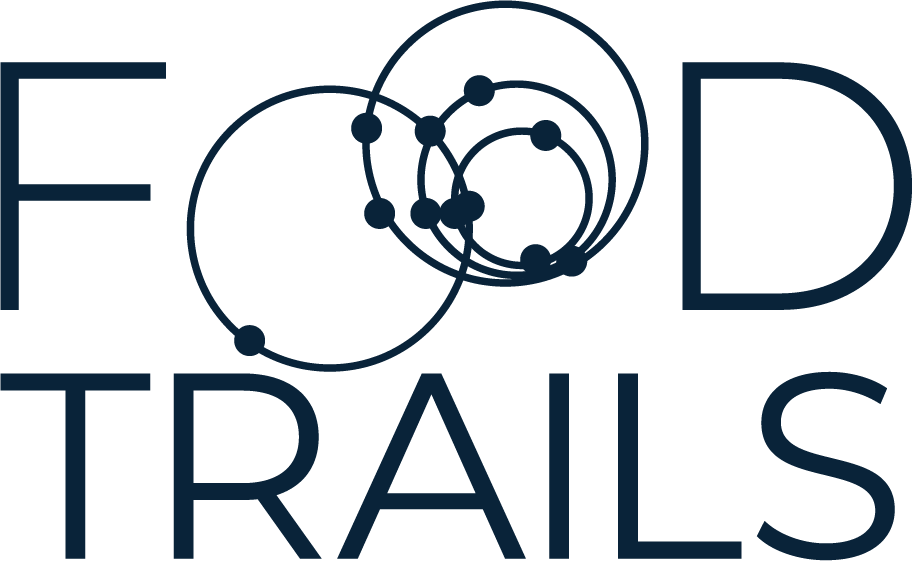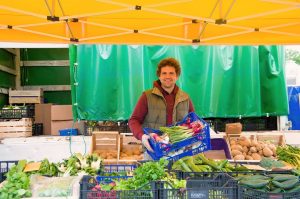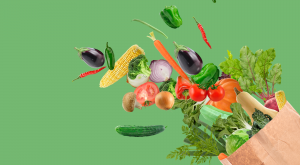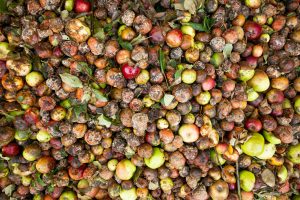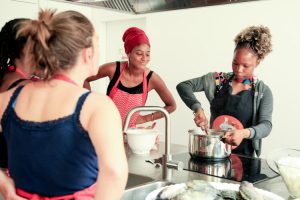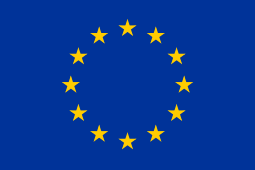Since the early 2000s, in Poland, the story of the Baker of Legnica has become the cautionary tale that prevents entrepreneurs from donating their food surpluses. “Restaurateurs are afraid because of this anecdote about a Baker who had to pay huge taxes because he was giving his leftover bread away for free to people in need,” says Wrońska Katarzyna, Chief specialist at the Economic Development Office in Warsaw.
However deeply anchored in Polish entrepreneurs’ minds, this is an urban legend. “I can’t exactly tell the legislative issues he encountered, but one thing is certain: every restaurateur knows this story and a huge majority of them feel very insecure about food donation,” explains Boitot Natalia, Inspector at the International Cooperation Office in Warsaw.
What does the law say?
What is true is that current Polish legislation doesn’t regulate food donations to individuals. Restaurants and supermarket surpluses must go to the food bank and can only be further distributed to public benefit organisations.
In addition, “the food bank’s statutory mission is not to ensure food aid but to prevent food waste,” explains Boitot. There is still much ambiguity in the Polish legislation, which doesn’t facilitate donations to people in need.
“Many restaurateurs feel very insecure about food donation”
Natalia Boitot, Inspector at the International Cooperation Office in Warsaw
Food waste has been defined in Polish legislation in the framework of the Food Waste Prevention Act of July 2019, which only addresses large grocery stores. On the other hand, the Polish Food Safety Regulation prohibits food distribution after its ‘best before date’. At the same time, EU regulation allows food donations after this date as long as it is safe and edible.

Restaurants and stores that want to do something with their excesses have the responsibility to decide whether to donate them as food surplus or waste, in which case it won’t be used for human consumption. So, entrepreneurs are confused and afraid to take action. As the law is unclear, it is safer to do nothing.
As part of their objectives for the Food Trails project lab, the team in Warsaw ran an in-depth analysis of the Polish legislative framework on food waste. “Restaurants tell us that they don’t have time to check it,” explains Wrońska. “As a city, it’s our role to support them. By giving them short and clear information, we can give them the tools to know what to do with the food surpluses.”
From research to solution
The choice to focus on making the Polish legislative framework clearer came after a research phase – run in collaboration with the university – that included the analyses of previous reports, existing literature and legal acts, interviews, and co-creative workshops with stakeholders. “We now have a report about food waste in restaurants in Warsaw,” says Boitot. “It analyses the food flow from food reception to end product and, for each step, identifies a list of drivers and factors that impact food waste.”

Thanks to this information, the Warsaw team can pinpoint where problems occur. For example, they found that most waste happens towards the end of the process, meaning leftovers and food surplus. “Based on the report and on the feedback from stakeholders, we selected to tackle the question of the legislative framework.”
“We are now entering the solution creation phase,” adds Wrońska. “We know more or less the content we want to share. But now we have to design its form: will it be an application? A game?”
Reality check
In parallel, the Warsaw team started working on a second challenge. “When the Food Trails project started, we were facing a humanitarian crisis in Warsaw, with almost 800,000 people arriving within a few weeks after the full-scale invasion of Ukraine,” recounts Boitot.

People in Warsaw showed their solidarity through many spontaneous initiatives. “People showed up to different train and bus stations to meet the refugees and brought home-cooked food, sandwiches, soups, cakes,” says Wrońska. “But depending on the time, place, and arrival numbers, food was sometimes wasted.”
“People showed up to different train and bus stations to meet the refugees and brought home-cooked food”
Wrońska Katarzyna, Chief specialist at the Economic Development Office in Warsaw
The Warsaw team was taking part in the support efforts personally. “We started to discuss the issues that the crisis was bringing up among our food lab team, and we discovered that there is no systemic management of food distribution,” says Wrońska.
So, the team decided to research and analyse it with the Food bank to develop a systemic solution for food aid management that would work in regular times and crises. “By studying the recovery phase, after the peak of the emergency, we can intervene and understand better the whole system and see where our intervention can be targeted,” explains Boitot.
Challenges ahead
Currently, the team is concluding their research on how the beneficiary organisations work with the Food Bank and listing the factors that impact food waste at different moments of the food journey. Their analysis includes interviews with refugees and organisations distributing and preparing food to ensure the problems match their experience.

“The solution we will create will not only address refugees but all vulnerable groups and organisations that work with the food bank,” specifies Boitot. Even though the research isn’t concluded, the team has noticed some interesting aspects.
For example, during the crisis, the number of beneficiaries from organisations benefiting from the Food Bank doubled, and the bank couldn’t keep up with the demand. Food nutrition poverty, meaning the lack of fresh or nutritive food, is also an issue in the context of food aid.
“Most surplus food that supermarkets give away is highly processed. A lot of empty calories,” explains Boitot. To tackle this issue, Warsaw started a project where public benefit organisations received vegetables or fruits from market sellers.
Making it official
The team in Warsaw is convinced that their experience could help other cities, both in being more prepared to tackle a crisis and to improve their food system generally. “We are convinced that food is a topic that is crucial for the future, and the city can be a transformation agent,” says Boitot. “The Food Trails project allowed us to test the first full-scale living lab in Warsaw tackling the topic of food. We couldn’t have done it without European funding and this community.”
“We are convinced that food is a topic that is crucial for the future, and the city can be a transformation agent”
Natalia Boitot, Inspector at the International Cooperation Office in Warsaw
The next step for Warsaw is establishing the food lab as a continuous structure embedded in the municipality. “We want to establish it as a working method to cooperate with different stakeholders and tackle different food-related challenges in the future,” says Wrońska.
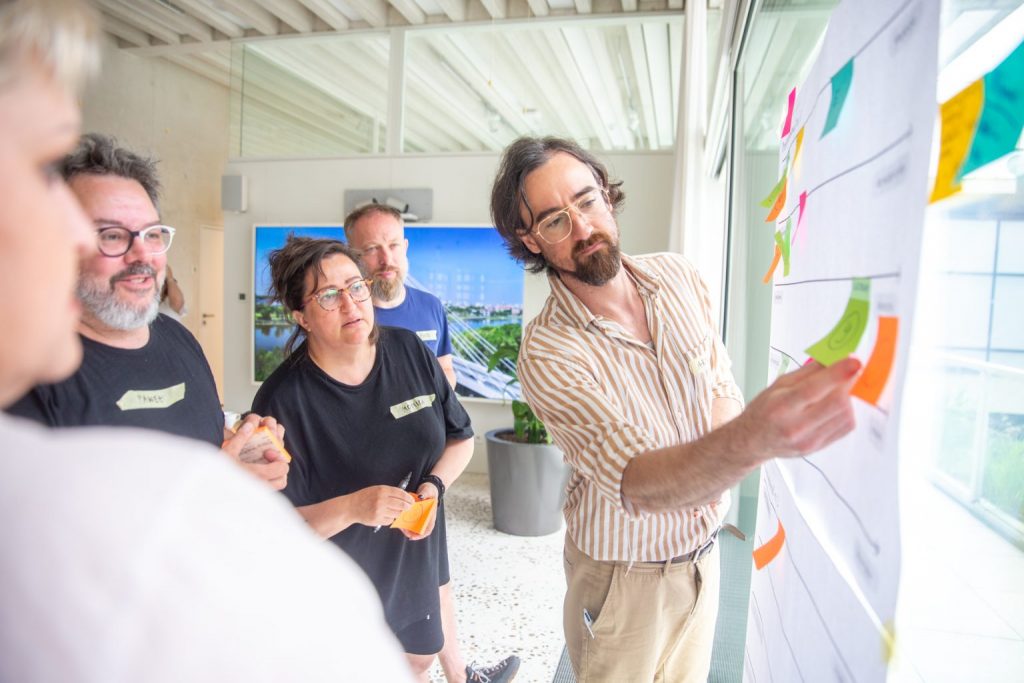
This would become a space to co-create and test food innovations and solutions. The hope is that the cooperation between different stakeholders might evolve into a food governance structure to respond to future obstacles.
“It comes at the right time,” adds Wrońska. “Many people and organisations in Warsaw are aware of food as a topic, but there are no institutional solutions. So, this lab is answering locals’ and stakeholders’ needs.”
